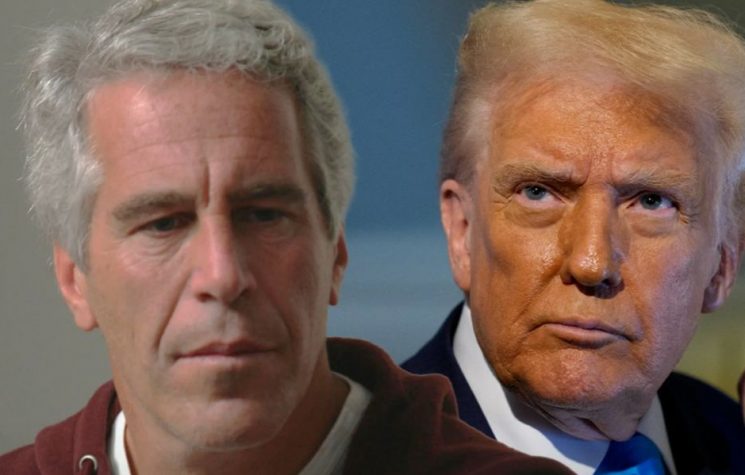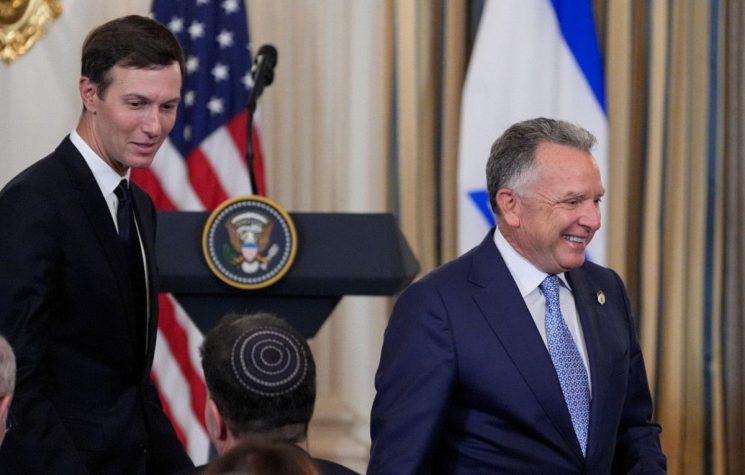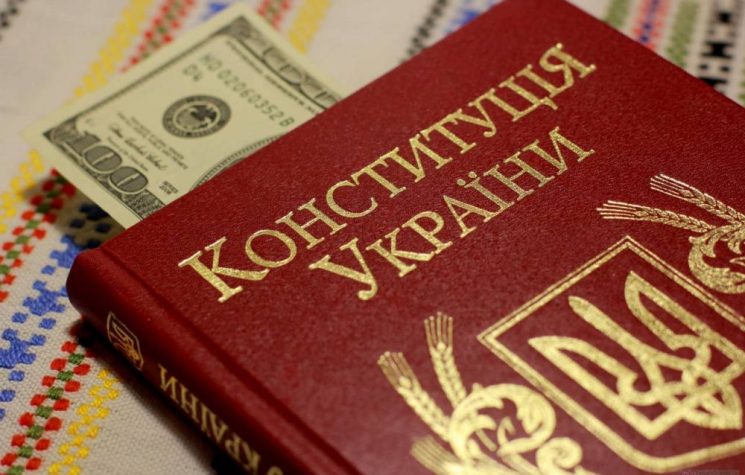The high-level talks in Saudi Arabia last week between senior Russian and American officials have tantalizing potential to end the conflict in Ukraine.
Contact us: info@strategic-culture.su
The high-level talks in Saudi Arabia last week between senior Russian and American officials have tantalizing potential to end the conflict in Ukraine.
Both sides agreed that the opening negotiations were productive. Sergey Lavrov, the Russian foreign minister, noted that the U.S. side was in listening mode to comprehend the root causes of conflict, which, if genuine, marks a major improvement in the attitude of the Americans.
It is surely a huge relief that the world’s superpowers are engaging in dialogue and diplomacy and stepping back from the brink of an all-out global war that would inevitably turn into a nuclear conflagration.
Nevertheless, it is too early to celebrate. The opening of negotiations is just a cautious start in a long process that could easily come undone with yet catastrophic consequences.
President Trump says he wants to end the war in Ukraine quickly. His spokeswoman Karoline Leavitt said with unrealistic optimism: “The president and his team are very much focused on continuing negotiations with both sides of this war to end the conflict, and the president is very confident [that] we can get it done this week.”
This week? The hastiness of the Trump administration is cause for skepticism that the White House actually understands the root causes of the conflict.
Trump has talked about Ukraine not gaining membership in NATO, which, of course, is an essential component of any peace agreement.
But talk can be cheap. More than peace in Ukraine, Trump seems to want a piece of Ukraine – indeed, a very big piece, amounting to $500 billion.
The notoriously transactional president is obsessed with “getting back” alleged American money from Ukraine.
Trump claims that since the war erupted three years ago this week, the U.S. has given Ukraine up to $300 billion in financial and military aid. The way he talks about it, Trump has converted voluntary U.S. donations into an eye-watering debt.
Under the Biden administration, the U.S. pumped hundreds of billions of dollars into Ukraine in a calculated bet to strategically defeat Russia.
The war was bankrolled by Washington and Europe. They are responsible for the carnage and destruction. They are instigators and protagonists, and they should pay financially and legally through war crimes prosecutions. The U.S. and the European Union have lost their nefarious bet. Russia has beaten the proxy war and is wearing down the NATO-backed Kiev regime.
Instead of accepting the atrocious financial losses incurred by reckless U.S. warmongering, Trump is making out that all the aid was some kind of loan that he is entitled to now extract from Ukraine through access to the country’s mineral resources. Trump thinks he can strong-arm the corrupt Kiev regime into signing over access to $500 billion worth of minerals and rare-earth metals.
There is more than an even chance that Ukraine doesn’t have the mineral wealth it is speculated to have. The Kiev regime seems to have hyped up the supposed treasure of rare-earth metals to leverage Western support. In any case, the territory that is supposed to have valuable mining deposits now belongs to Russia.
In other words, Trump’s haste to cobble together a peace settlement in Ukraine is primarily motivated by his ambition to exploit Ukraine’s natural resources. The president’s attitude is likely to sour big time once it dawns on him that Ukraine does not have the pay-back potential he is supposing.
Another factor that could scuttle a potential peace deal with Russia is the scorned Europeans. Trump’s engagement with Russia has shocked America’s European allies, who feel sidelined and snubbed. There are echoes of how they felt when the Biden administration abruptly pulled out of Afghanistan in August 2021 without notifying NATO partners.
Europe’s international image has been battered by Trump’s dismissive conduct. Its leaders are desperate to claw back a semblance of relevance.
This week, a procession of European figures is in Washington. French President Emmanuel Macron is followed by British Prime Minister Keir Starmer and the EU’s foreign affairs chief Kaja Kallas.
It is reported that they will propose to Trump a role for European troops to deploy to Ukraine as a “peacekeeping force.” Trump is said to be open to the idea. He has been haranguing the Europeans to take care of their own security, and it suits Trump’s agenda of withdrawing American troops from Europe to deploy elsewhere on the globe, such as Asia-Pacific, to confront China as many of the anti-China hawks in his administration are calling for.
Russia has warned that it is unacceptable for Ukraine to become a frozen conflict with NATO troops present under the guise of peacekeepers.
If the Europeans push ahead with their military adventurism in Ukraine, then all bets are off for a peace settlement with Trump.
And if Trump feels he is being burned for $500 billion, then his mercurial mood is bound to turn foul and nasty.
Thus, the peace prospects of U.S.-Russia negotiations may turn out illusory and merely a pause in the proxy war.
Trump may sound well-intentioned about ending the war. But it is concerning that his administration does not take any responsibility for starting it. He comes across as an opportunist whose lack of principles is problematic at best and treacherous at worst.
Russia would be better off finishing the NATO proxy war on its terms, securing its territories, and demolishing the NeoNazi Kiev regime. If the Americans want peace, then let them deal with a decisive Russian victory.









































